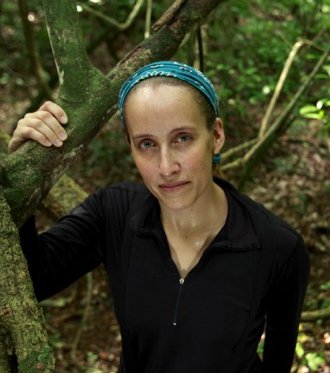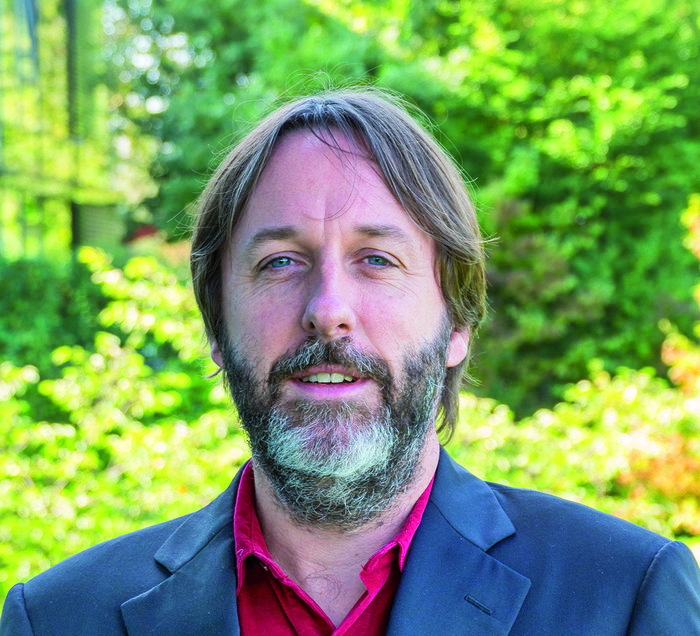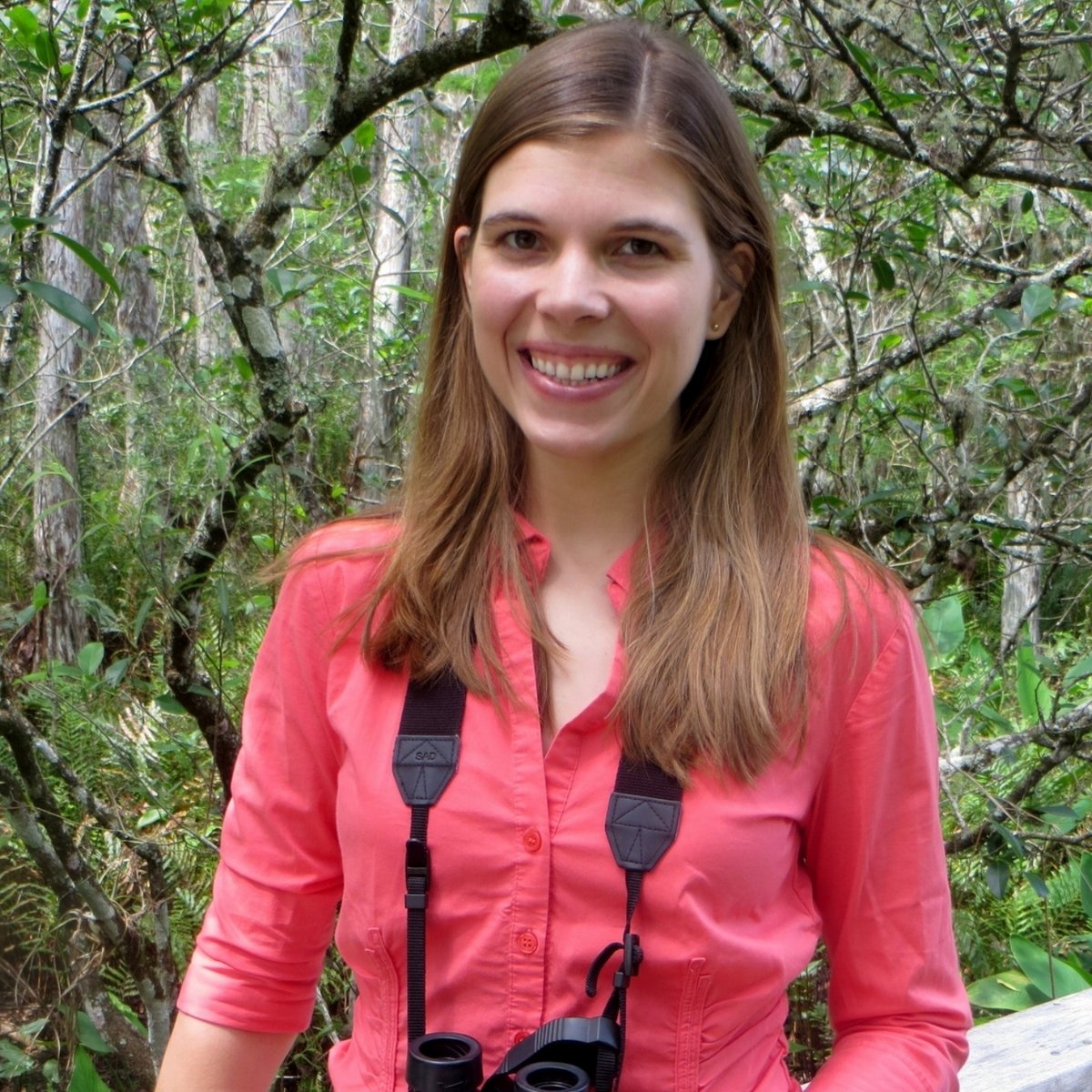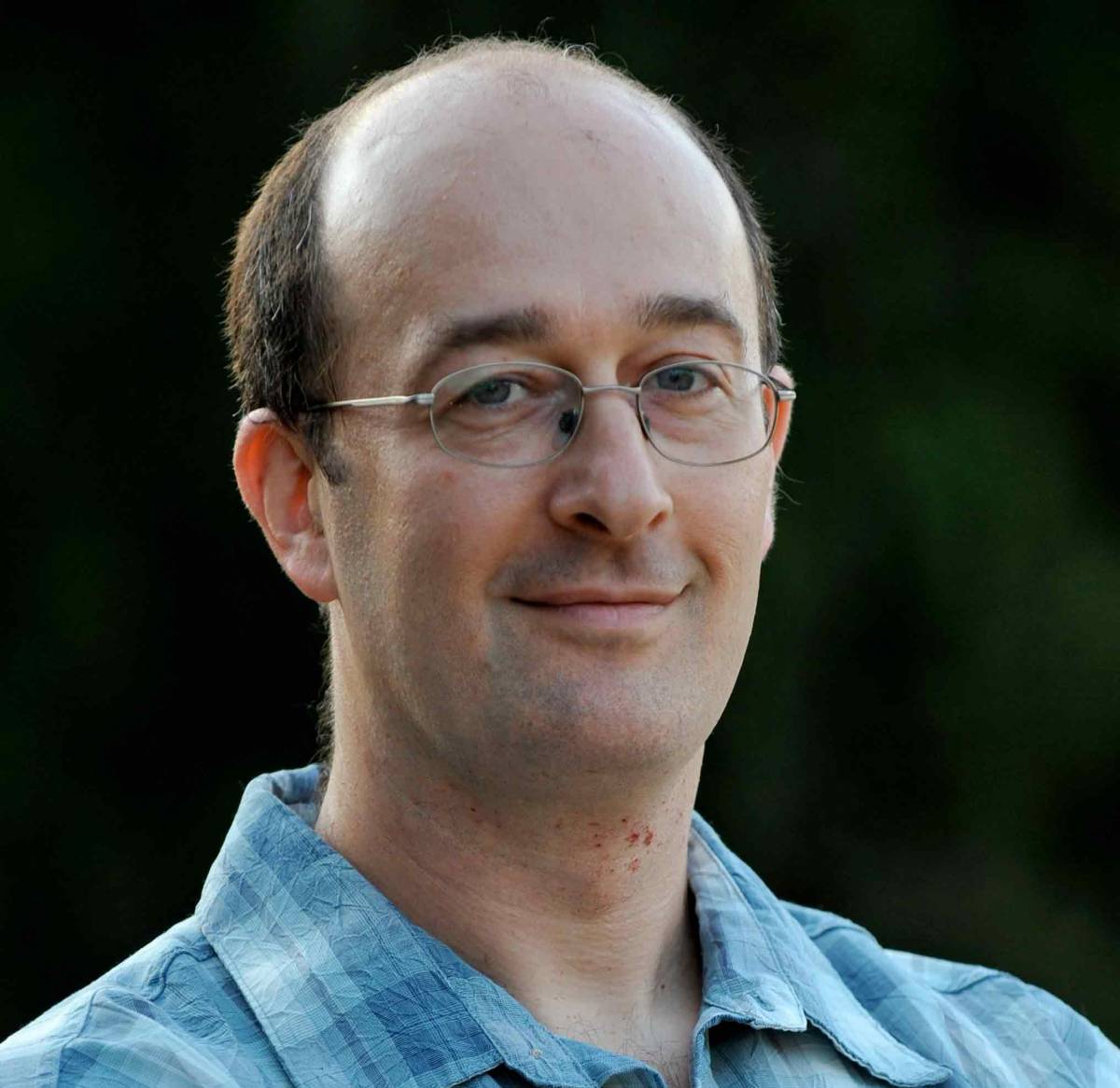Plenary Speakers
Dora Biro, University of Oxford

Dora Biro's research interests concern the mechanisms and consequences of social living and social organisation in animals. She works with two very different study systems, examining group decision-making and social learning in the context of navigation by homing pigeons, and the emergence and maintenance of culture among wild chimpanzees. The aim of this work is to understand, through a combination of empirical and mathematical modelling approaches, how social collectives are shaped by the individuals of which they are composed.
Margaret Crofoot, University of California, Davis

Margaret Crofoot is a behavioral ecologist and evolutionary anthropologist at the University of California, Davis, a Research Associate at the Smithsonian Tropical Institute in Panama, and serves on the Executive Board of the ICARUS initiative. Meg is interested in the evolution of complex social systems and, specifically, understanding how collective (group) behaviors emerge from interactions among individuals, and how group traits impact individual fitness. She uses remote tracking technology in conjunction with field-based experiments and observational methods to explore group movement and decision-making, coordinated territorial defense, and other collective behaviors in primate social groups.
Jason Kerr, Max Planck Associated Institute - Research Center caesar (center of advanced european studies and research)

The long-term goal of Jason Kerr's research is to understand how mammals make decisions based on the sense of sight, and what neurobiological mechanisms underlie this process. Originally from New Zealand, he joined the Heidelberg Max Planck Institute (MPI) for Medical Research in 2003, and then became head of the "Network Imaging Group" at the MPI for Biological Cybernetics in Tübingen. Since 2013, he has been the Director of the Department of Brain and Behavior. In addition, Jason is also appointed as a Scientific Member of the Max Planck Society and is a member of the MPI for Metabolism Research, Cologne.
Mary C Stoddard (Cassie), Princeton University

Cassie Stoddard explores the major themes of animal colouration and avian sensory ecology, evolution and behaviour. Her lab uses uses a multidisciplinary approach to answer key questions in evolution, behavior and sensory ecology, with a focus on visual communication and signaling in birds. Their work incorporates techniques from computer science, mathematics, optics, physiology, animal behavior, mechanical engineering and comparative genomics. Cassie joined the Princeton University Department of Ecology and Evolutionary Biology as an Assistant Professor in 2016. She is an Associated Faculty member in the Princeton Environmental Institute. Cassie joined the Harvard Society of Fellows in 2012 as a Junior Fellow and was named a 2013 L’Oreal USA For Women in Science Fellow. She is a 2018 Alfred P. Sloan Research Fellow.
Nachum Ulanovsky, Weizmann Institute of Science

Nachum Ulanovsky is interested in the brain basis of behaviour and the neurobiology of learning and memory. His main area of study is how three-dimensional, complex naturalistic spaces are represented and remembered in the mammalian brain. He uses bats as animal models, fitting them with devices which allow him to measure the activity of individual neurons in their brains as they fly. He currently employs the smallest tracking devices in the world to track the flight of fruit bats. In 2007, he joined the Weizmann Institute where he leads a lab in the Department of Neurobiology.
